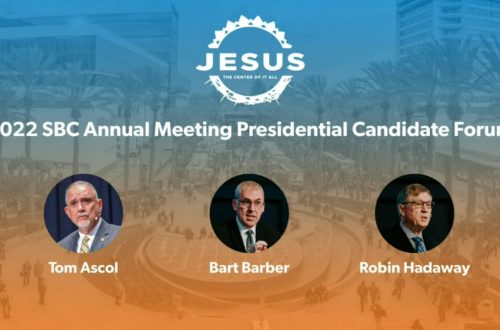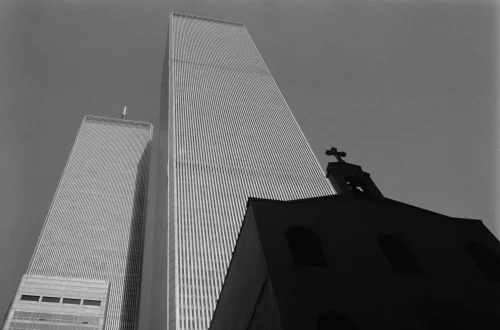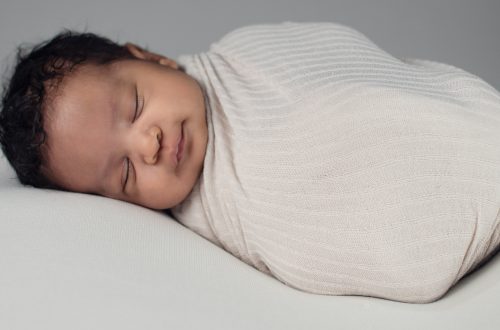The Washington Post reports on Dylan Roof’s sentencing for the murder of nine people in Emanuel African Methodist Episcopal Church in 2015. The lede says this:
Six weeks after he shot and killed nine people at a Charleston church, Dylann Roof lamented in a jailhouse journal that he could no longer go to the movies or eat good food. But he still felt the massacre was “worth it” because of what he perceived as the wrongs perpetrated by the black community.
“I would like to make it crystal clear, I do not regret what I did,” Roof wrote. “I am not sorry. I have not shed a tear for the innocent people I killed.”
The journal was the centerpiece of prosecutors’ opening bid to convince jurors that Roof, 22, deserves the death penalty for slaying nine black parishioners of the city’s historic Emanuel African Methodist Episcopal Church in 2015. Roof was convicted last month of federal hate crimes for the shooting, and Wednesday marked the first day in the penalty phase of his trial.
There is much to be said about this, but I want to make one observation. This is one instance in which our culture’s penchant for therapeutic platitudes will not suffice. It is not enough to say that this young man is “disturbed” or “ill” or “troubled.” Whatever else we call this, we have to acknowledge that what he did was evil. His own expressed motivations for the massacre were also evil. This young man has expressed racial animus and hatred that is abhorrent and wicked. And he freely and openly owns all of it. This is moral evil of the first order, and no one should shrink from saying so because of a cultural allergy to moral absolutes and judgments.



